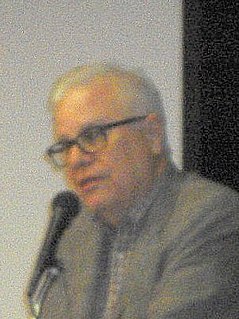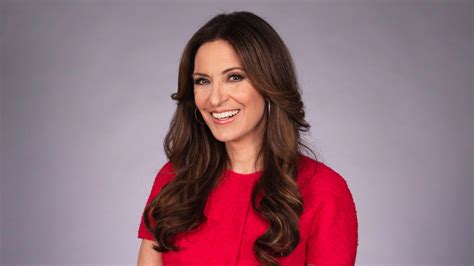A Quote by Whitley Strieber
The truth is, everything ultimately comes down to the relationship between the reader and the writer and the characters. Does or does not a character address moral being in a universal and important way? If it does, then it's literature.
Related Quotes
We must be forewarned that only rarely does a text easily lend itself to the reader's curiosity... the reading of a text is a transaction between the reader and the text, which mediates the encounter between the reader and writer. It is a composition between the reader and the writer in which the reader "rewrites" the text making a determined effort not to betray the author's spirit.
What does Macbeth want? What does Shakespeare want? What does Othello want? What does James want? What does Arthur Miller want when he wrote? Those things you incorporate and create in the character, and then you step back and you create it. It always must begin with the point of truth within yourself.
The analytical writer observes the reader as he is; accordingly, he makes his calculation, sets his machine to make the appropriate effect on him. The synthetic writer constructs and creates his own reader; he does not imagine him as resting and dead, but lively and advancing toward him. He makes that which he had invented gradually take shape before the reader's eyes, or he tempts him to do the inventing for himself. He does not want to make a particular effect on him, but rather enters into a solemn relationship of innermost symphilosophy or sympoetry.
Literature cannot develop between the categories "permitted"—"not permitted"—"this you can and that you can't." Literature that is not the air of its contemporary society, that dares not warn in time against threatening moral and social dangers, such literature does not deserve the name of literature; it is only a facade. Such literature loses the confidence of its own people, and its published works are used as waste paper instead of being read. -Letter to the Fourth National Congress of Soviet Writers






































